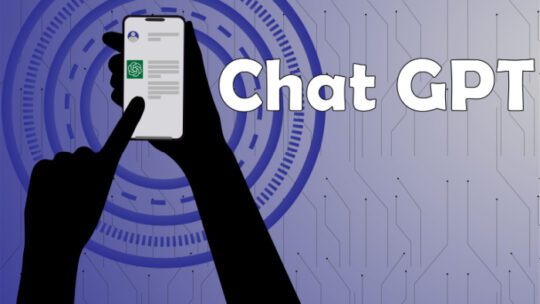
[Editor’s Note: Even experienced PR professionals need a refresher on the basics periodically, as well as insight about newer concepts. Whether it’s becoming a better writer or reviewing PR ethics, we provide content about a variety of topics and issues. Hence, our Explainer series.]
Previous posts looked at subjects including: the Barcelona Principles, the metaverse, sonic branding and S.M.A.R.T. Goals. Today we look at ChatGPT.]
ChatGPT is currently the talk of the internet. From writing children’s bedtime stories, computer codes or a song in the style of Nick Cave, the AI chatbot uses a large volume of data to create natural language responses to a wide range of queries.
Chatbot-created content is so similar to human language that some schools are blocking access to it, while others are revamping the way they teach writing.
Why It Matters to Communicators
ChatGPT could be used as a starting point to generate a press release or campaign brief, or research keywords, though some industry experts caution against relying on it. Otherwise, releases, briefs, emails, etc. will sound too similar, and feature awkward wording or grammatical errors.
As audiences gravitate toward authenticity in brand voice, ChatGPT might not be quite so useful for writing marketing copy.
In the same vein, Edward Tian, whose GPTZero identifies whether the chatbot wrote content, argues his tool will help “incentivize originality in human writing,” a skill that communicators know is critical.
And, as diversity and inclusivity remain important, ChatGPT, like other AI tools before it, still has a ways to go toward eliminating its biases.
Thus, communicators who use the technology may consider it for mundane tasks, but should remain cautious having it write anything requiring creativity.
More PRNEWS Resources on Artificial Intelligence:
Tools That Check for Bias in Written Content Can Improve Crisis Messaging
A Lack of Consensus: Do PR Pros Working with Moderate Amounts of Data Need AI Now?
How PR and Marketing Can Ensure AI is Useful and Avoid Data Overload
Fear Not, AI Can Help Prove PR Results & ROI
